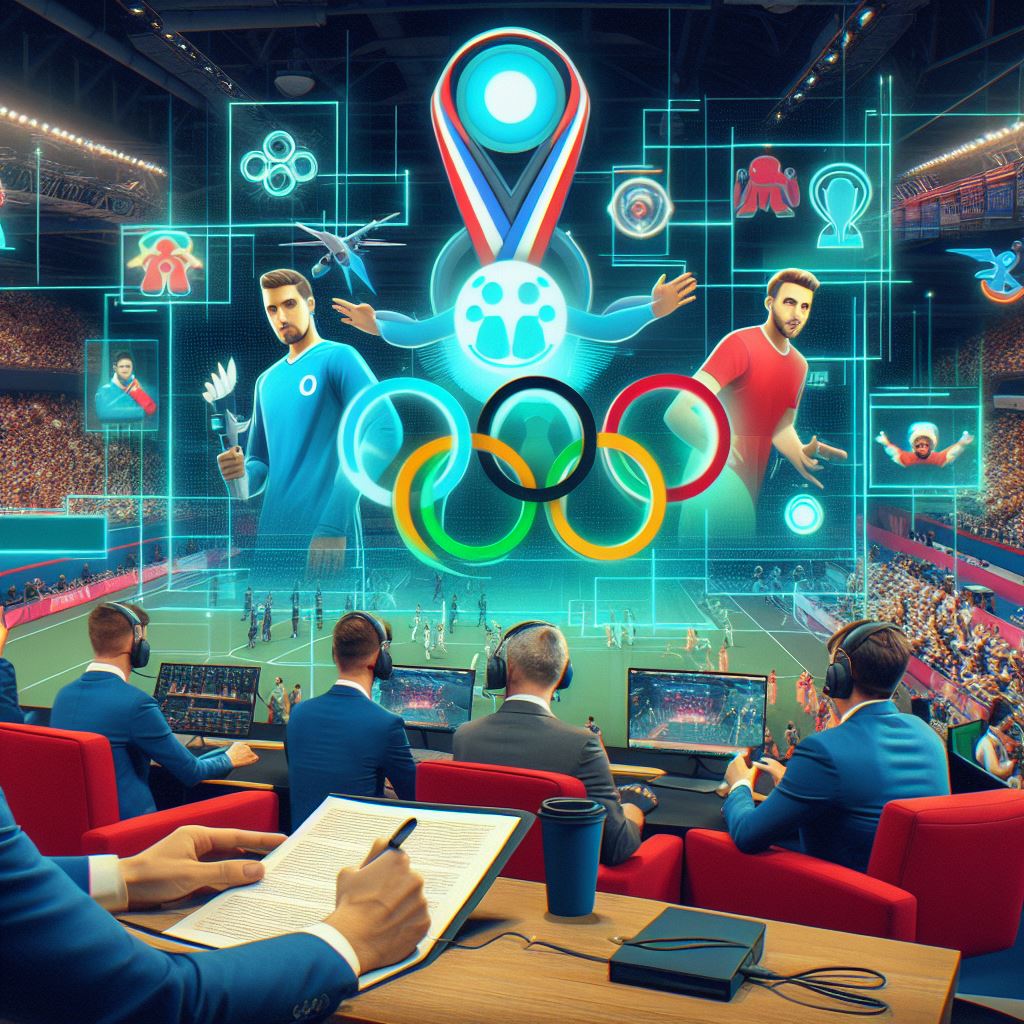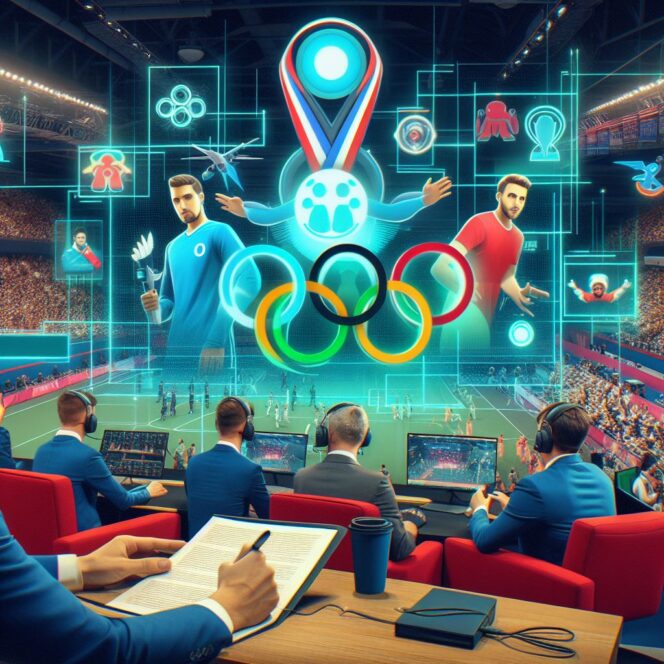Esports, or competitive video gaming, is a booming industry that attracts millions of fans and players around the world. But can esports be considered a sport? And can it be part of the Olympics?
In this blog post, we will explore how esports is being accepted into the Olympic movement, and what challenges and opportunities it faces.

What is Esports?
Esports is a form of sport that involves playing video games competitively, either individually or in teams. Esports games can range from strategy, action, simulation, sports, and more. Some of the most popular esports titles include League of Legends, Dota 2, Counter-Strike: Global Offensive, Overwatch, and Fortnite.
Esports has grown rapidly in recent years, thanks to the development of technology, internet access, streaming platforms, and professional leagues. According to Newzoo, a market research firm, the global esports audience reached 495 million people in 2020, and the industry generated $1.1 billion in revenues.
Why Esports Wants to Join the Olympics
Esports has many benefits for both players and fans. Esports can improve cognitive skills, teamwork, communication, problem-solving, and creativity. Esports can also foster social interaction, community building, and cultural diversity. Esports can also offer entertainment, excitement, and inspiration to millions of viewers.
Esports also has a strong desire to join the Olympic movement, as it sees itself as a legitimate and modern form of sport. Esports wants to gain recognition, respect, and support from the traditional sports world. Esports also wants to tap into the huge exposure, prestige, and opportunities that the Olympics can offer.
How Esports Is Being Accepted into the Olympics
The International Olympic Committee (IOC) is the governing body of the Olympic Games. The IOC has been open to exploring the potential of esports as a new form of sport. In 2017, the IOC held a summit with esports stakeholders and recognized esports as a sporting activity. In 2018, the IOC hosted an esports forum with representatives from esports organizations, game developers, athletes, sponsors, broadcasters, and Olympic committees. In 2019, the IOC announced the formation of an esports liaison group to facilitate dialogue and cooperation between the two sectors.
The IOC has also supported some initiatives that involve esports and the Olympics. For example:
- In 2018, the Asian Games in Jakarta featured six esports titles as demonstration events.
- In 2020, the Tokyo Olympics organized an Olympic Virtual Series with five virtual sports events.
- In 2022, the Hangzhou Asian Games will include eight esports titles as medal events.
- In 2024, the Paris Olympics may showcase some esports events as cultural activities.
What Challenges and Opportunities Esports Faces
However, esports still faces some challenges and barriers to become part of the Olympics. Some of these include:
- The diversity and complexity of esports genres, formats, rules, and platforms.
- The lack of a unified and representative global governing body for esports.
- The issues of violence, doping, gambling, match-fixing, and ethics in some esports games and communities.
- The differences in values, cultures, and perspectives between esports and traditional sports.
On the other hand, esports also has some opportunities and advantages that can help it overcome these challenges. Some of these include:
- The popularity and appeal of esports among young and digital audiences.
- The innovation and adaptability of esports to new technologies and trends.
- The collaboration and partnership between esports and traditional sports stakeholders.
- The potential for social impact and positive change through esports.
Conclusion
Esports is a fast-growing and exciting industry that has a lot to offer to both players and fans. Esports also has a strong ambition to join the Olympic movement as a new form of sport. Esports is being accepted into the Olympics gradually and cautiously by the IOC and other sports organizations. Esports faces some challenges but also some opportunities to achieve its Olympic dream.












No Sign-up. Play Directly.